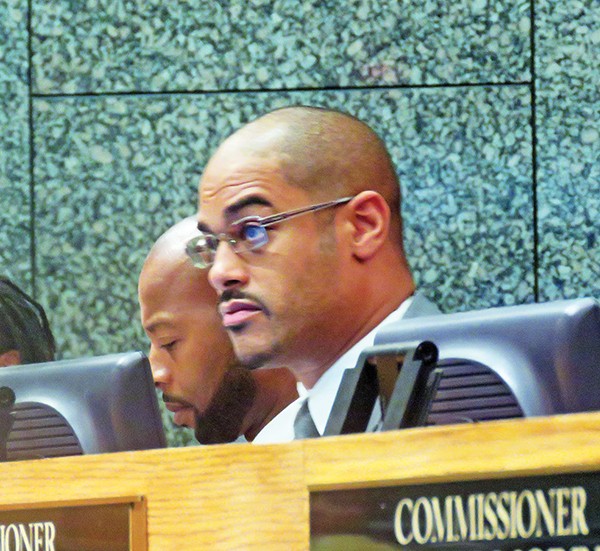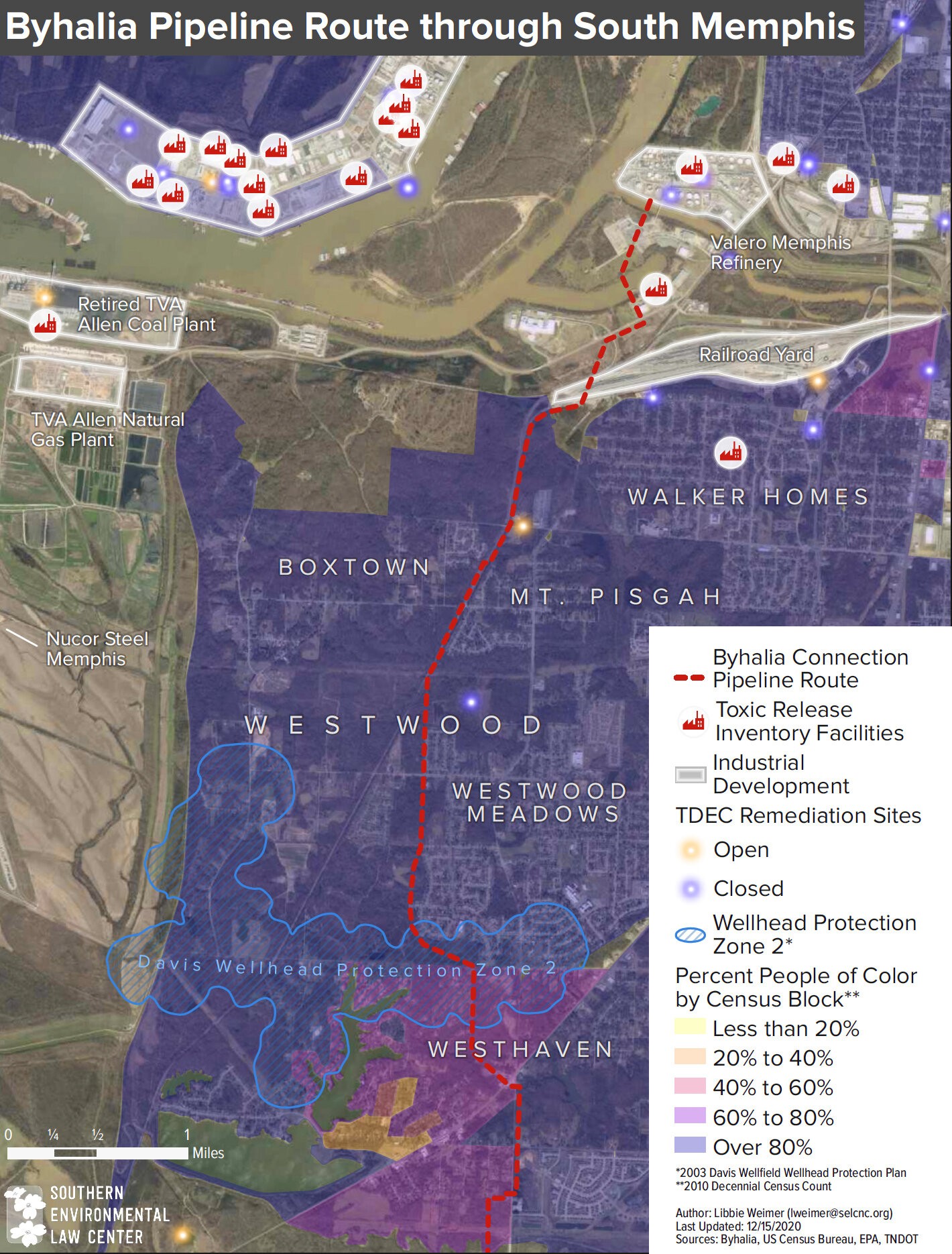 Protect Our Aquifer
Protect Our Aquifer
The proposed route of the Byhalia Connection Pipeline.
A Memphis City Council committee pushed votes regarding the Byhalia Connection pipeline project Tuesday pending a meeting with the council and its attorney on the matter.
The council public works committee agenda included two items related to the pipeline. One was a resolution — a non-binding, joint opinion on the matter — opposing the project. The other was an ordinance — a law with teeth — that would ban certain types of development, like pipelines, in new groundwater protection districts.
Neither received a vote from the council committee Tuesday. That move came after the council’s attorney, Allan Wade, suggested a halt to further movement until he had a chance to meet with council members and attorneys from Memphis Light, Gas, and Water (MLGW) behind closed doors, away from the public eye.
Wade told council members that the city’s authority to move on the act were “constrained by federal and state law.” He said he’s heard from those opposing the pipeline and what they ask is “quite frankly out of what authority we have.”
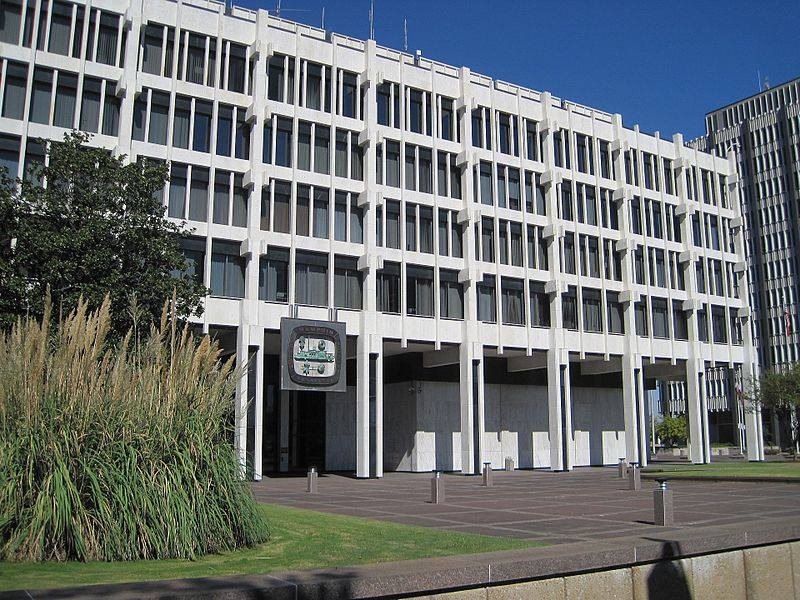
Memphis City Hall
This justification to slow the vote came first from council member and public works chairman J.B. Smiley. He began the discussion Tuesday by noting that “we have heard the voices of the people” but that “our board has limitations.” He said much of the power over the pipeline rests with the federal government and the council “has no power to tell the federal government what to do.”
Wade also asked the council to consider pending litigation between the pipeline company and property owners. Those owners are attempting to stop the company from taking their land through eminent domain in Shelby County Chancery Court. Wade said passing a resolution against the project would be fine. However, passing a new law during the ongoing lawsuit could prejudice the condemnation proceedings.
Council member Edmund Ford, one of the resolution’s co-sponsors, hinted at a raft of concerns he had with the project, many of which he vaguely described at the beginning of the meeting as having emerged “in the last 24 hours.” 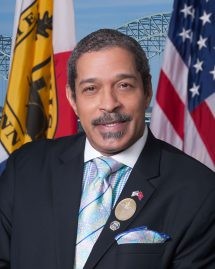 City of Memphis
City of Memphis
Edmund Ford
Here’s what he said:
“There’s a lot of different issues with this Byhalia Pipeline. In the last 24 hours, I’ve found out a lot of different things that were not very good. Attorney Wade, I need to you to look into all these different things.
“Promises have been made on one side and, then, they’re telling stories that [Memphis Mayor Jim Strickland’s Administration] is doing things on another side. I’ve talked with the administration and everything and they don’t know what’s going on.
[pullquote-1-center] “I’ve talked with Deidre Malone [who is handling public relations in Memphis for the pipeline company]. She’s kind of pissed off at me and I really don’t care. It’s because the people in my district, hey, it concerns them. I’m not invested in somebody just trying to look good or make something from this.
“There’s a lot of issues. Dr. [council member Jeff] Warren, I appreciate you and Mr. [Memphis Citizens Against the Pipeline organizer Justin] Pearson and all of the rest. But these are issues that are coming up and these are legal issues now.
“I’ve been talking with attorney Wade and I need to bring him into some of these things that have come up within 24 hours, okay? After he gets through, we need to postpone (the day’s vote) until next week if we can.”
Presentations on the pipeline project were slated from the Southern Environmental Law Center and others. However, those presentations were pushed on time constraints made by a lengthy debate earlier in the day on whether or not the city should allow the retail sale of dogs and cats.
 Jackson Baker
Jackson Baker 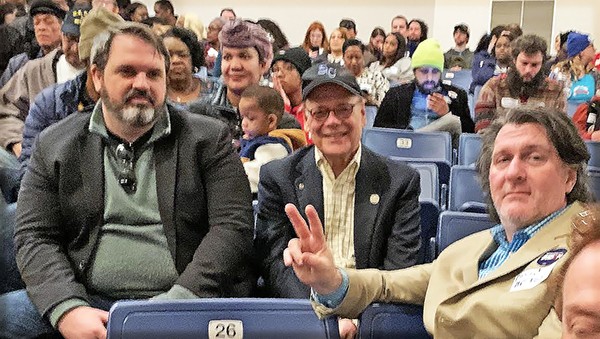 Jackson Baker
Jackson Baker  Memphis City Council
Memphis City Council 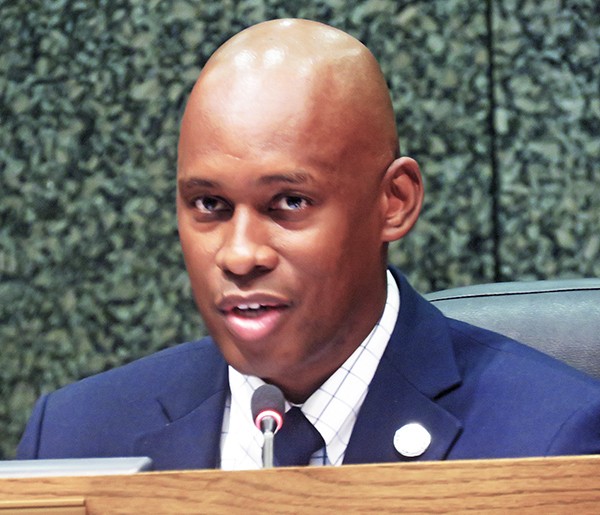 Photographs by Jackson Baker
Photographs by Jackson Baker 